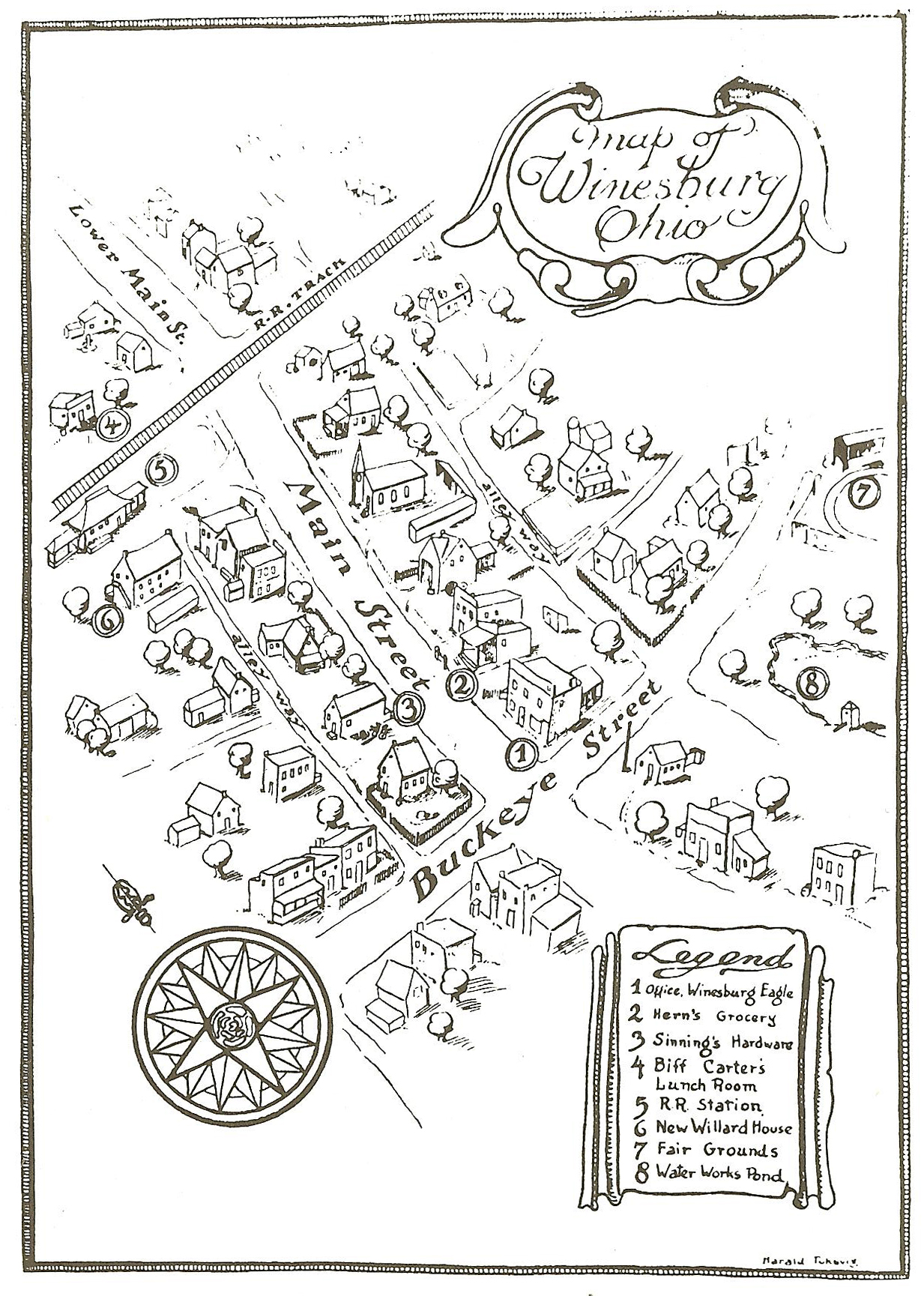"From my apartment I would walk down the Calle de las Huertas, nodding to the street cleaners in their lime-green jumpsuits, cross El Paseo del Prado, enter the museum, which was only a couple of euros with my international student ID, and proceed directly to room 58, where I positioned myself in front of Roger Van der Weyden’s Descent from the Cross .
"I was usually standing before the painting within
forty-five minutes of waking and so the hash and caffeine and sleep were still
competing in my system as I faced the nearly life-sized figures and awaited
equilibrium. Mary is forever falling to the ground in a faint; the blues of her
robes unsurpassed in Flemish painting. Her posture is almost an exact echo of
Jesus’s; Nicodemus and a helper hold his apparently weightless body in the air.
C. 1435; 220 X 262 cm. Oil on oak paneling.
"A turning point in my project: I arrived one morning at the
Van der Weyden to find someone had taken my place. He was standing exactly
where I normally stood and for a moment I was startled, as if beholding myself
beholding the painting, although he was thinner and darker than I. I waited for
him to move on, but he didn’t. I wondered if he had observed me in front of the Descent
and if he was now standing before it in the hope of seeing whatever it
was I must have seen. I was irritated and tried to find another canvas for my
morning ritual, but was too accustomed to the painting’s dimensions and blues
to accept a substitute. I was about to abandon room 58 when the man broke suddenly into tears, convulsively catching his breath. Was he, I wondered, just
facing the wall to hide his face as he dealt with whatever grief he’d brought
into the museum? Or was he having a profound
experience of art ?
"I had long worried that I was incapable of having a profound
experience of art and I had trouble believing that anyone had, at least anyone
I knew. I was intensely suspicious of people who claimed a poem or painting or
piece of music "changed their life," especially since I had often
known these people before and after their experience and could register no
change. Although I claimed to be a poet, although my supposed talent as a
writer had earned me my fellowship in Spain, I tended to find lines of poetry
beautiful only when I encountered them quoted in prose, in the essays my
professors had assigned in college, where the line breaks were replaced with
slashes, so that what was communicated was less a particular poem than the echo
of poetic possibility. Insofar as I was interested in the arts, I was
interested in the disconnect between my experience of actual artworks and the
claims made on their behalf; the closest I'd come to having a profound
experience of art was probably the experience of this distance, a profound
experience of the absence of profundity.
"Once the
man calmed down, which took at least two minutes, he wiped his face and blew
his nose with a handkerchief he then returned to his pocket. On entering room
57, which was empty except for a lanky and sleepy guard, the man walked
immediately up to the small votive image of Christ attributed to San Leocadio:
green tunic, red robes, expression of deep sorrow.
"I pretended to take in other paintings while looking sidelong
at the man as he considered the little canvas. For a long minute he was quiet
and then he again released a sob. This startled the guard into alertness and
our eyes met, mine saying that this had happened in the other gallery, the
guard's communicating his struggle to determine whether the man was
crazy—perhaps the kind of man who would damage a painting, spit on it or tear
it from the wall or scratch it with a key—or if the man was having a profound
experience of art. Out came the handkerchief and the man walked calmly into 56, stood before The Garden of Earthly Delights , considered it calmly, then totally lost his shit.
Now there were
three guards in the room—the lanky guard from 57, the short woman who always
guarded 56, and an older guard with improbably long silver hair who must have
heard the most recent outburst from the hall. The one or two other museum-goers
in 56 were deep in their audio tours and oblivious to the scene unfolding
before the Bosch.
"What is a museum guard
to do, I thought to myself; what, really, is a museum guard? On the one hand
you are a member of a security force charged with protecting priceless
materials from the crazed or kids or the slow erosive force of camera flashes;
on the other hand you are a dweller among supposed triumphs of the spirit and
if your position has any prestige it derives precisely from the belief that
such triumphs could legitimately move a man to tears. There was a certain
pathos in the indecision of the guards, guards who spend much of their lives in
front of timeless paintings but are only ever asked what time is it, when does
the museum close, dónde esta el baño. I could not share the man's rapture, if
that's what it was, but I found myself moved by the dilemma of the guards:
should they ask the man to step into the hall and attempt to ascertain his
mental state, no doubt ruining his profound experience, or should they risk
letting this potential lunatic loose among the treasures of their culture, no
doubt risking, among other things, their jobs? I found their mute performance
of these tensions more moving than any Pietá, Deposition, or Annunciation, and
I felt like one of their company as we trailed the man from gallery to gallery.
Maybe this man is an artist, I thought; what if he doesn't feel the transports
he performs, what if the scenes he produces are intended to force the
institution to face its contradiction in the person of these guards. I was
thinking something like this as the man concluded another fit of weeping and
headed calmly for the museum's main exit. The guards disbanded with, it seemed
to me, less relief than sadness, and I found myself following this man, this
great artist, out of the museum and into the preternaturally bright day."
-From Ben Lerner's Leaving the Atocha Station




























